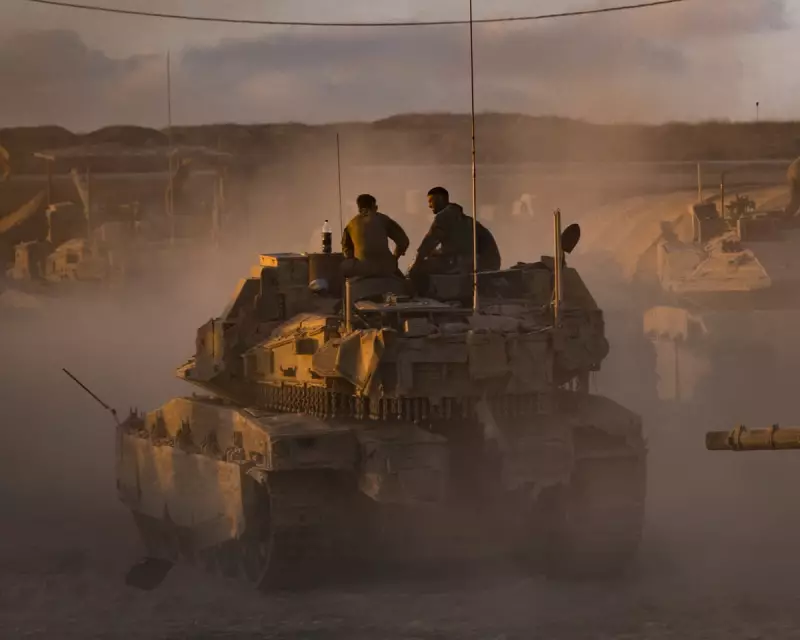
The Israeli Defence Forces have dramatically overhauled their military strategy in Gaza, moving away from large-scale ground operations toward precision-targeted raids and sophisticated intelligence-led missions, according to senior security sources.
'Pressure Cooker' Tactics Take Centre Stage
At the heart of this strategic pivot are what military planners term 'pressure cooker' operations – tightly focused missions designed to systematically dismantle Hamas's terror network while minimising broader conflict escalation. This approach represents a significant departure from the extensive ground campaigns that characterised earlier phases of the conflict.
Security analysts note this evolution responds to both military necessities and growing international diplomatic pressures. The refined tactics aim to maximise operational effectiveness against Hamas's underground infrastructure while addressing concerns about civilian casualties that have drawn global scrutiny.
Intelligence-Driven Warfare
The revised strategy places unprecedented emphasis on real-time intelligence and technological superiority. Israeli forces now deploy advanced surveillance systems and cyber capabilities to identify and neutralise high-value targets with surgical precision.
This intelligence-focused approach has enabled more targeted operations against Hamas leadership and military infrastructure, though security officials acknowledge the challenge of completely eradicating the organisation's deeply embedded network of tunnels and command structures.
Netanyahu's Balancing Act
Prime Minister Benjamin Netanyahu walks a political tightrope, balancing military objectives against mounting international pressure for de-escalation. His government faces competing demands from hardline coalition partners advocating more aggressive action and international allies urging restraint.
The strategic shift also reflects practical military considerations, including troop deployment sustainability and the enormous complexity of urban warfare in one of the world's most densely populated territories.
Regional Implications and Future Scenarios
Military experts suggest the new approach may indicate preparation for a prolonged campaign of targeted operations rather than seeking a definitive conclusion through overwhelming force. This could signal a new phase in the conflict, potentially lasting months or even years.
The strategy's effectiveness remains subject to intense debate within security circles. Some analysts question whether targeted operations can achieve the stated goal of permanently neutralising Hamas's military capabilities, while others see it as the only viable approach given geopolitical constraints.
As the conflict enters this new phase, all eyes remain on how these tactical adjustments will affect both the immediate security situation and the broader prospects for regional stability.





